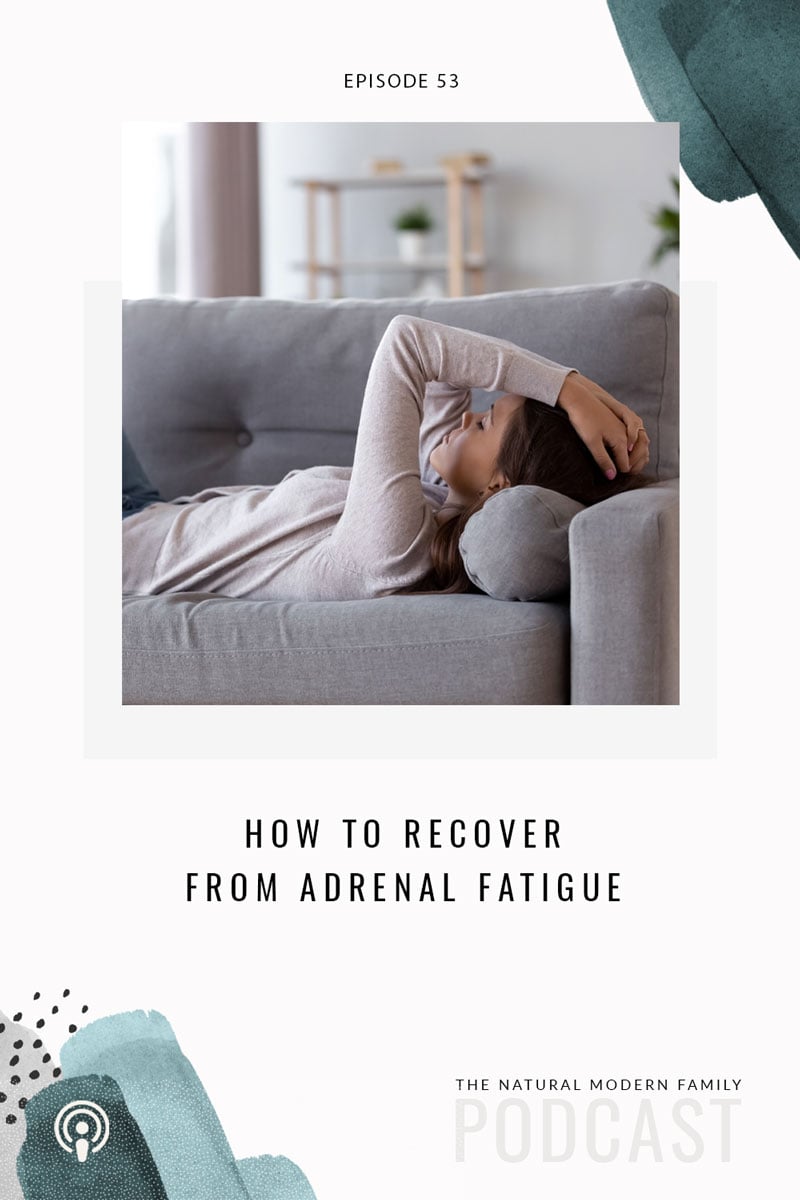What is adrenal fatigue and what are symptoms of adrenal fatigue?
Adrenal fatigue is a very common issue—especially among women—but its diagnosis is controversial which is why it can be difficult to get support and find solutions. In this episode we want to share 4 triggers for adrenal fatigue as well as recovery tips so that you’re feeling refreshed and uplifted.
Adrenal fatigue is poor adrenal function due to an overwhelm of physical, mental and/or emotional stress. Your adrenals are responsible for stress management.
Symptoms of Adrenal Fatigue
- Unusual and unexplained fatigue even after a solid night’s sleep
- Difficulty in handling stress (feel overwhelmed easily)
- Feeling difficult to get up early in the morning
- Mild depression
- Cravings for salty, sugary and fatty foods
- Craving for caffeine
- Insomnia – getting a second wind around 10:00 / 11:00 at night
- Weak immune system
- Anger, fear and anxiety
- Increased allergies
- Weakness in the muscles, muscle and bone loss
- Skin issues
- Imbalance of hormones
- Menopausal symptoms or increased PMS
- Lightheadedness when sitting, standing or lying down
- Memory disruption – issues with memory and focus
4 Triggers for Adrenal Fatigue
- Stress: physical, emotional, mental
- This type usually builds up overtime and can be from a toxic relationships, stressful job, or burnout
- It’s essential to find a way to cope and handle these types of situations
- Diet
- Overconsumption of sugar puts added stress on adrenals and pancreas
- Creates extra insulin production and can lead to energy crashes
- Contributes to overweight and obesity
- Disrupted Sleep
- Sleep is critical for healing and repair of the cells/body
- People suffering from adrenal fatigue have a limited time window to get to bed and after a certain time they will get a second wind and be up even later
- Sleep from 7am to 9/10am can be really restorative for those suffering from adrenal issues
- Toxic Load
- Create hormone disruption and interference with adrenal function
- Ideal to have natural, toxin-free environment
Recovery Tips
- Keep in mind that this takes time, it’s not going to happen in a few times or over the weekend
- Need consistent follow through and restfulness
- Need foundation of a healthy diet. Avoid processed food, sugar, soy, and hormone disrupting foods
- Supplement with vitamins and minerals as the body is in a depleted state. B vitamins are crucial!
- Rest as much as possible
- Create low stress environments
- Frequent eating/snacking
- Move your body
- Create restoration time
- Use adaptogens for extra support: holy basil, milk thistle, adrenal complex
- Functional health tests: hormone panel, environmental toxicity, and micronutrients
Featured in this episode…





READ the Latest
Health Habits
Longevity
Health Habits
Health Habits